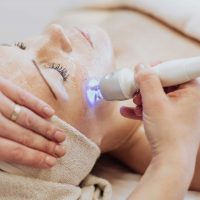Hormone Replacement Therapy (HRT) is a treatment that supplements the body with hormones it lacks, typically due to aging or medical conditions. It alleviates symptoms like hot flashes, mood swings, and bone loss by restoring hormone balance using methods like pills, patches, creams, or injections.
What exactly is HRT? If you’re asking this question, you’re not alone. HRT, or Hormone Replacement Therapy, is a term that might sound a bit complex, but it’s pretty simple when you break it down. Imagine your body as a machine that needs the right fuel to run smoothly.
Hormones are like that fuel—they keep everything working as it should. But sometimes, as we age or due to certain health conditions, our bodies don’t produce enough of these hormones. That’s where HRT comes in.
Is it helpful in any way or is my body just confused and does not know how to function after almost 2 years without hormones flowing through?
For people experiencing menopause (a natural process that occurs in women during their 40s or 50s as hormone levels change), this type of therapy might be particularly helpful.
People with hormone imbalances for other reasons can be treated by HRT as well. So, here is when we think about HRT and what it does to your body.
Contact us today to start your journey with Hormone Replacement Therapy (HRT). Our expert team is here to guide you every step of the way, ensuring personalized care that meets your unique needs. Take control of your health with our trusted HRT services!
What Is Hormone Replacement Therapy (HRT)?
Hormone Replacement Therapy is a treatment that assists people who are not capable of generating adequate hormones in their body.
These hormones are vital for our bodies to function — they control everything from how we feel, and bone health to the quality of our skin.
When your body doesn’t have the right balance of hormones, it can lead to a variety of symptoms that can make life uncomfortable.
For example, many women experience hot flashes, mood swings, and sleep problems during menopause because of a drop in estrogen, one of the main hormones.
If you’re experiencing these symptoms and seeking relief, consider exploring hormone therapy clinics near me to find a location that suits your needs.
HRT works by supplementing the body with these missing hormones, either through pills, patches, creams, or injections.
The goal is to restore the hormone levels to a balance that makes you feel better and reduces those uncomfortable symptoms. It’s like topping up the fuel in your machine to keep it running smoothly.
Why Do People Need HRT?
The most common reason people use HRT is to manage the symptoms of menopause. But it’s not just limited to that.
People with certain health conditions, like hypogonadism (where the body doesn’t produce enough sex hormones), might also need HRT.
Additionally, HRT can be a part of the treatment for people undergoing gender transition, helping them align their physical characteristics with their gender identity.
For those going through menopause, HRT can help with a range of symptoms including:
- Hot Flashes: Sudden feelings of heat that can make you uncomfortable.
- Night Sweats: Sweating so much at night that it wakes you up.
- Mood Swings: Feeling happy one minute and sad the next.
- Sleep Problems: Trouble falling or staying asleep.
- Bone Health: As we age, bones can become weaker. HRT helps keep them strong.
How Does HRT Work?
The idea behind HRT is simple: replace the hormones your body is missing. But how does it work? When you take HRT, the hormones enter your bloodstream and start doing the job that your natural hormones would normally do.
There are different types of HRT depending on what your body needs. For example:
- Estrogen-only HRT: For people who have had their uterus removed, this type focuses only on replacing estrogen.
- Combined HRT: This includes both estrogen and progesterone (another important hormone) and is usually given to people who still have their uterus.
- Testosterone Therapy: Used mainly in men or transmasculine individuals, this therapy replaces or supplements testosterone, a hormone important for muscle mass, energy levels, and more.
HRT can be delivered in various ways depending on what suits you best. Some people prefer pills, while others might find patches or creams easier to use. There’s no one-size-fits-all; it’s about finding what works for you.
Benefits of HRT
The benefits of HRT can be life-changing for many. It’s not just about relieving the symptoms of menopause or other hormone-related issues; it’s about improving overall quality of life.
When your hormone levels are balanced, you’re likely to feel more like yourself—happier, more energetic, and more comfortable.
Here are some key benefits:
- Symptom Relief: HRT can significantly reduce or even eliminate uncomfortable symptoms like hot flashes and night sweats.
- Improved Mood: Hormones affect your brain too, and balancing them can help stabilize your mood, reducing feelings of anxiety or depression.
- Better Sleep: With fewer night sweats and other discomforts, many people find they sleep better on HRT.
- Bone Health: Estrogen plays a big role in keeping bones strong. By boosting estrogen levels, HRT can help prevent osteoporosis, a condition that makes bones weak and brittle.
- Heart Health: Some studies suggest that HRT may have benefits for heart health, especially if started early in menopause.
Potential Risks and Side Effects
While HRT can be very beneficial, it’s important to be aware of the potential risks and side effects. Not everyone will experience these, but they are something to consider when deciding if HRT is right for you.
Some common side effects include:
- Nausea: Feeling sick to your stomach.
- Headaches: Some people might experience more headaches when they start HRT.
- Breast Tenderness: Your breasts might feel sore or tender.
- Mood Changes: While HRT can improve mood for many, it might have the opposite effect for some.
More significant health risks of long-term HRT use include a higher incidence of blood clots, stroke or some types (especially estrogen-dependent) breast cancer.
However, those risks vary and are dependent on your age, health history, and the type of HRT you take. Make sure to talk about these risks with your doctor when deciding what is most important for you and your health.
Is HRT Right for You?
Deciding whether to start HRT is a personal choice and one that should be made with careful consideration.
If you’re struggling with symptoms of menopause or have been diagnosed with a condition that affects your hormone levels, HRT could be a helpful option. However, it’s not suitable for everyone.
Some people, particularly those with a history of certain cancers or blood clots, may need to avoid HRT. Others might find that the benefits outweigh the risks.
The best way to determine if HRT is right for you is to talk to your healthcare provider. They can help you weigh the pros and cons based on your individual health needs.
Alternatives to HRT
If HRT isn’t right for you, don’t worry—there are other ways to manage hormone-related symptoms. Some people turn to natural remedies, like herbal supplements, though it’s important to use these with caution and under the guidance of a healthcare professional.
Lifestyle changes can also make a big difference. Regular exercise, a healthy diet, and stress-reduction techniques like yoga or meditation can all help manage symptoms naturally.
Additionally, there are non-hormonal medications that can be used to treat specific symptoms, like hot flashes or mood swings.
Conclusion
Understanding HRT doesn’t have to be complicated. It’s a treatment that helps many people feel better by restoring hormone balance in their bodies.
Whether you’re considering HRT for menopause, a health condition, or as part of a gender transition, it’s important to have all the information you need to make an informed decision.
Remember, Your body is not the same as everyone else, therefore something someone else can do and it works great for them might work way differently on you!
Have A Conversation With Your Provider About Symptoms, Risks, And Options You can choose what is best for your health using the correct info and support.
Experience the best Hormone Replacement Therapy at Slimming Solutions Med Spa in Lee’s Summit and Kansas City. Schedule your consultation today!


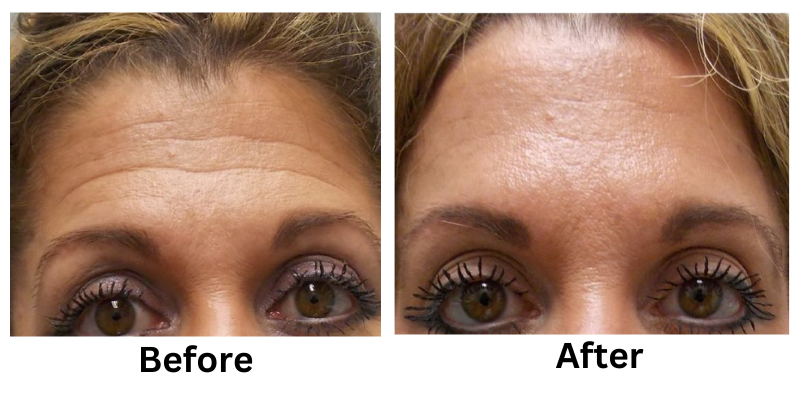
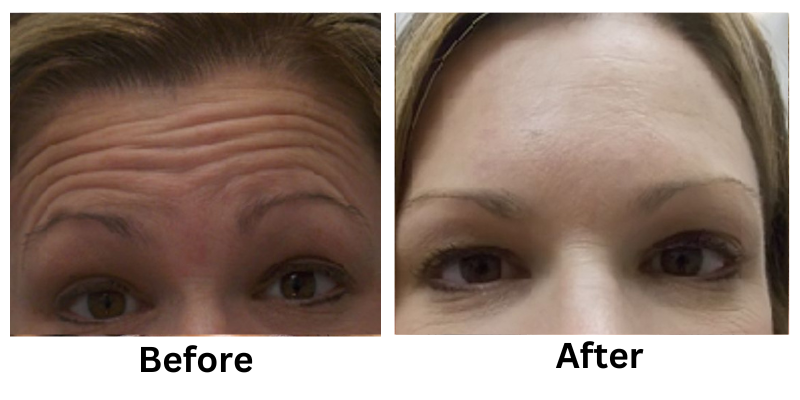
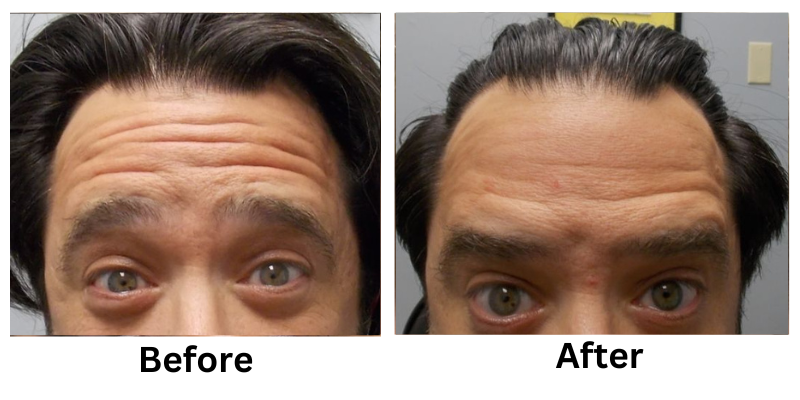
![[thumb]](https://slimmingsolutionsspa.com/wp-content/uploads/2023/12/botox1-150x150.png)
![[thumb]](https://slimmingsolutionsspa.com/wp-content/uploads/2023/12/Before2-150x150.png)
![[thumb]](https://slimmingsolutionsspa.com/wp-content/uploads/2023/12/Before3-150x150.png)
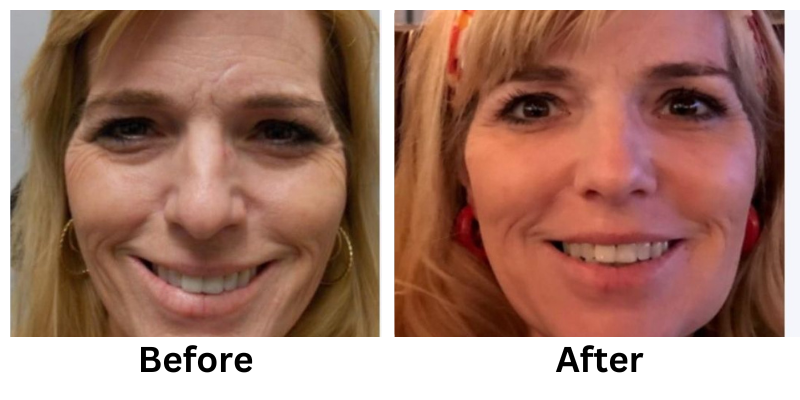
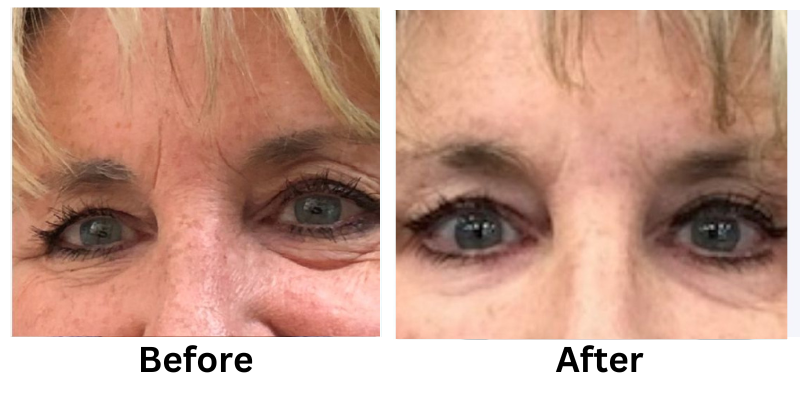
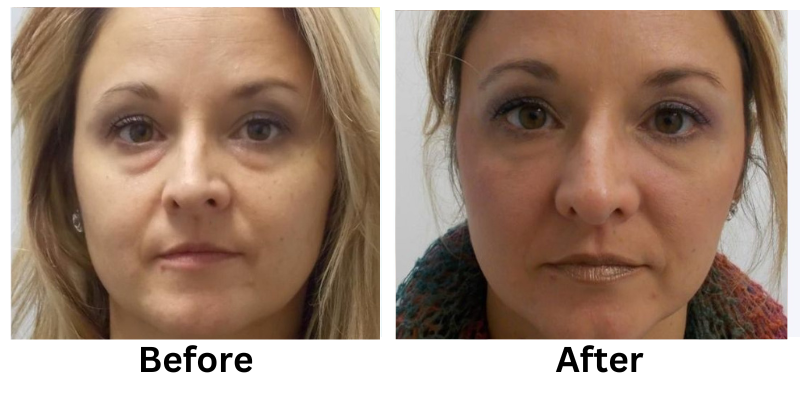
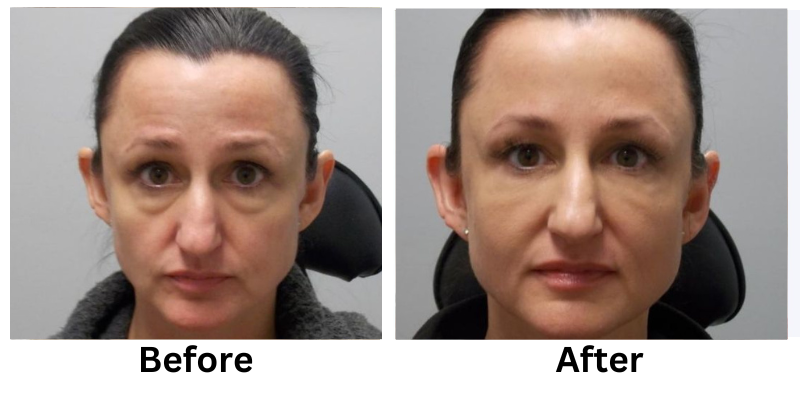
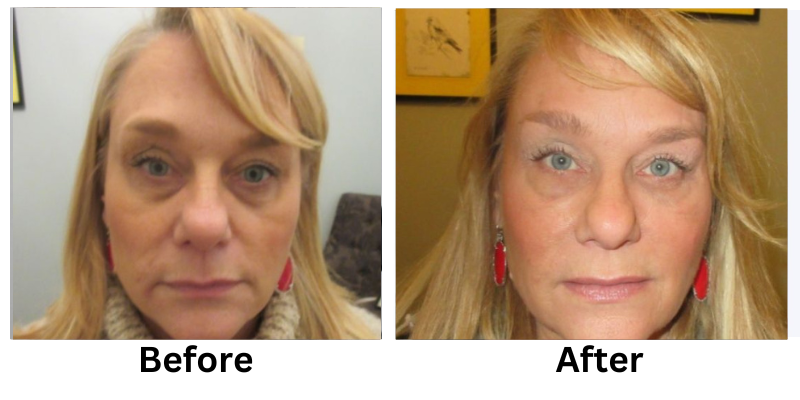


![[thumb]](https://slimmingsolutionsspa.com/wp-content/uploads/2023/12/revanesse-versa-1-150x150.png)
![[thumb]](https://slimmingsolutionsspa.com/wp-content/uploads/2023/12/revanesse-versa-2-150x150.png)
![[thumb]](https://slimmingsolutionsspa.com/wp-content/uploads/2023/12/revanesse-versa-3-150x150.png)
![[thumb]](https://slimmingsolutionsspa.com/wp-content/uploads/2023/12/revanesse-versa-4-150x150.png)
![[thumb]](https://slimmingsolutionsspa.com/wp-content/uploads/2023/12/revanesse-versa-5-150x150.png)
![[thumb]](https://slimmingsolutionsspa.com/wp-content/uploads/2024/01/Eyebrow-treatment-1-1-150x150.png)
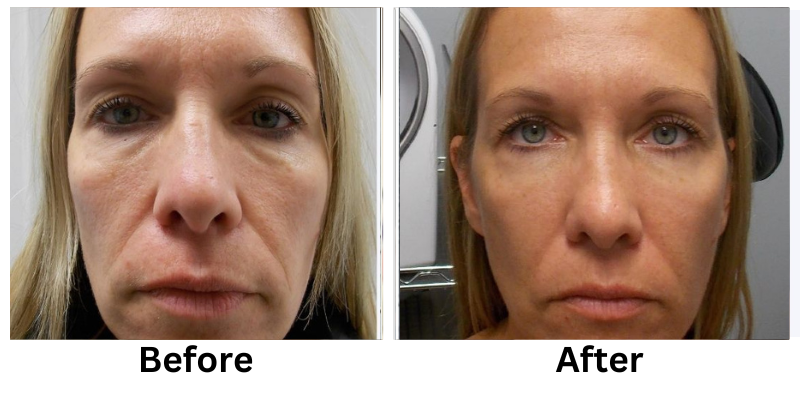
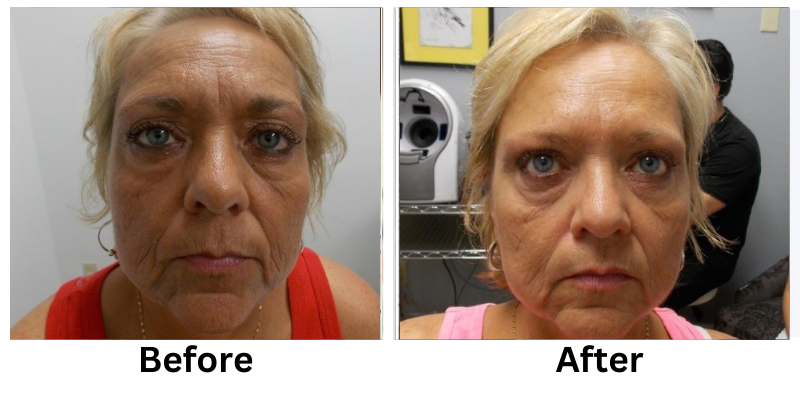
![[thumb]](https://slimmingsolutionsspa.com/wp-content/uploads/2023/12/Skin-Rejuvenation-1-150x150.png)
![[thumb]](https://slimmingsolutionsspa.com/wp-content/uploads/2023/12/Skin-Rejuvenation-2-150x150.png)


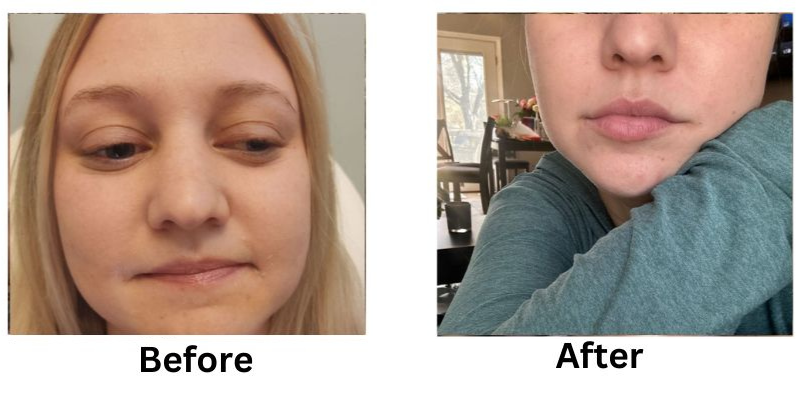
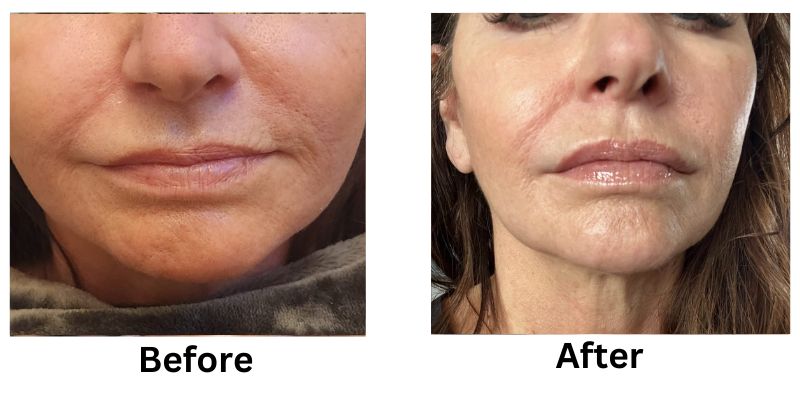
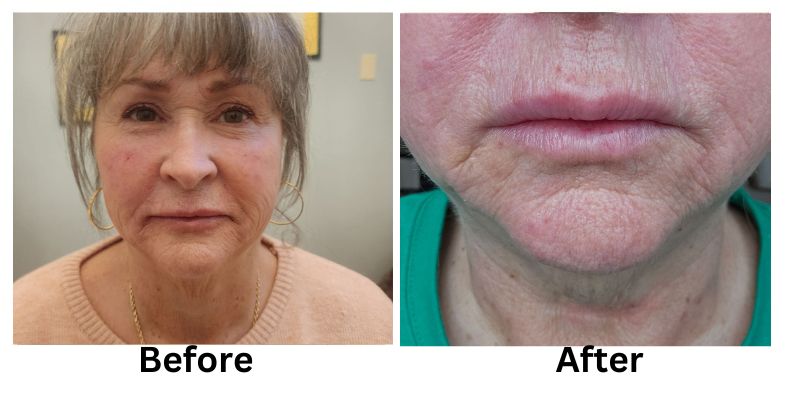
![[thumb]](https://slimmingsolutionsspa.com/wp-content/uploads/2024/01/Lip-Filler-1-150x150.png)
![[thumb]](https://slimmingsolutionsspa.com/wp-content/uploads/2024/01/Lip-Filler-2-150x150.png)
![[thumb]](https://slimmingsolutionsspa.com/wp-content/uploads/2025/02/Lip-Filler-1-150x150.png)
![[thumb]](https://slimmingsolutionsspa.com/wp-content/uploads/2024/01/Lip-Filler-150x150.jpg)
![[thumb]](https://slimmingsolutionsspa.com/wp-content/uploads/2024/01/Before-1-150x150.jpg)
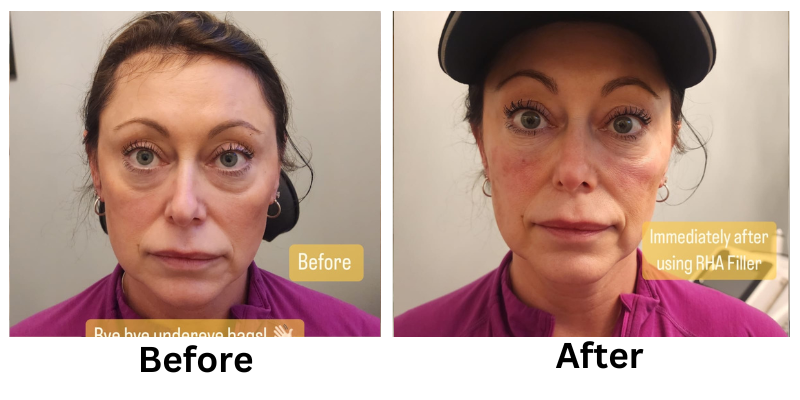
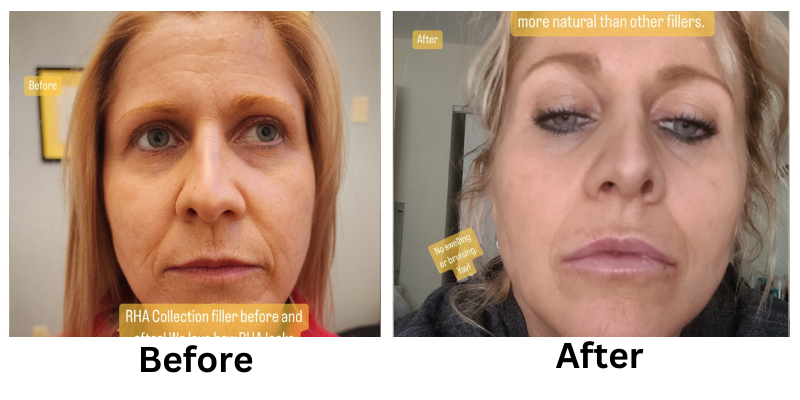

![[thumb]](https://slimmingsolutionsspa.com/wp-content/uploads/2024/01/RHA-Treatmetn-3-150x150.png)
![[thumb]](https://slimmingsolutionsspa.com/wp-content/uploads/2024/01/RHA-Treatmetn-2-150x150.png)
![[thumb]](https://slimmingsolutionsspa.com/wp-content/uploads/2024/01/RHA-Treatmetn-1-150x150.png)
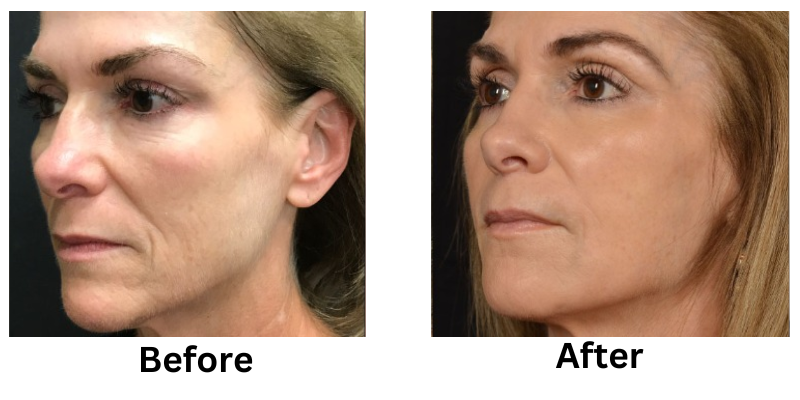
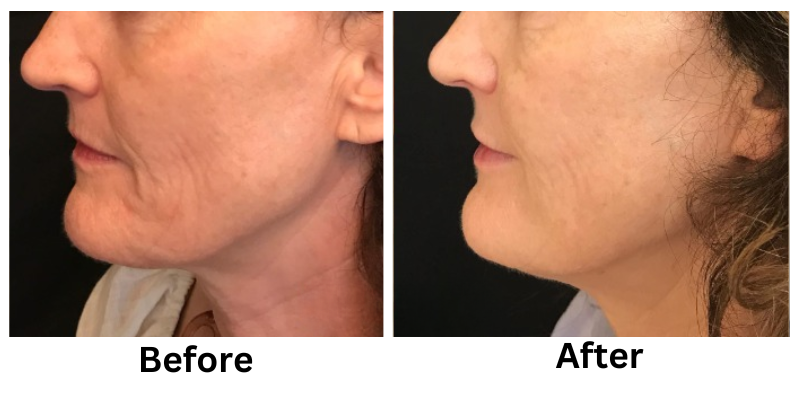
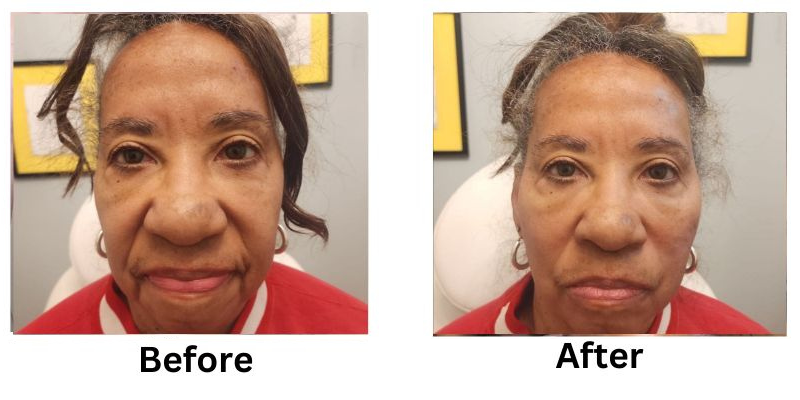
![[thumb]](https://slimmingsolutionsspa.com/wp-content/uploads/2024/01/Thread-Lifts-1-150x150.png)
![[thumb]](https://slimmingsolutionsspa.com/wp-content/uploads/2024/01/Thread-Lifts-2-150x150.png)
![[thumb]](https://slimmingsolutionsspa.com/wp-content/uploads/2025/02/Lip-Filler-2-150x150.png)
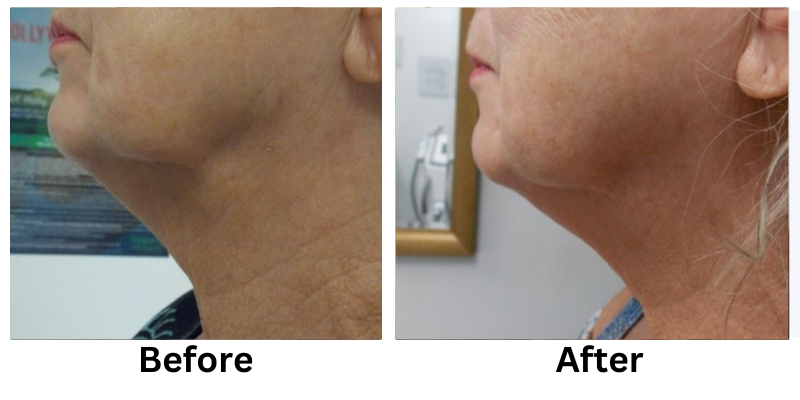
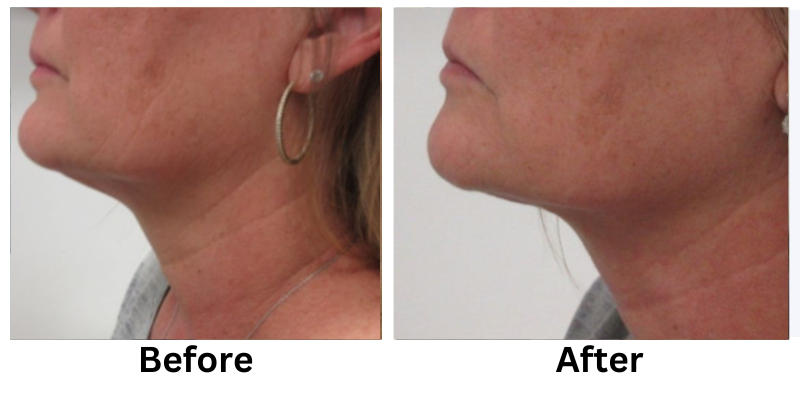

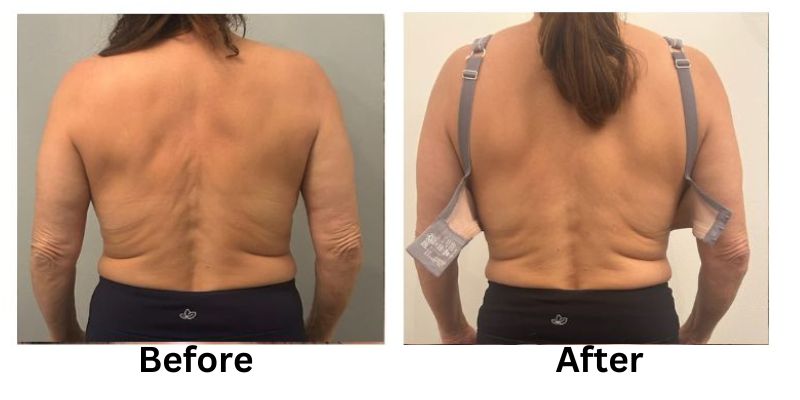
![[thumb]](https://slimmingsolutionsspa.com/wp-content/uploads/2023/12/skin-reuvulation1-150x150.png)
![[thumb]](https://slimmingsolutionsspa.com/wp-content/uploads/2023/12/skin-rejuvulation-2-150x150.png)
![[thumb]](https://slimmingsolutionsspa.com/wp-content/uploads/2023/12/Skin-Tighting-150x150.png)
![[thumb]](https://slimmingsolutionsspa.com/wp-content/uploads/2023/12/Before-150x150.jpg)
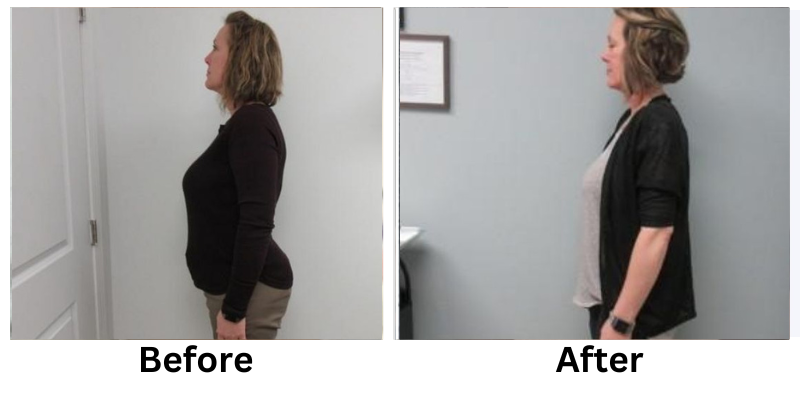
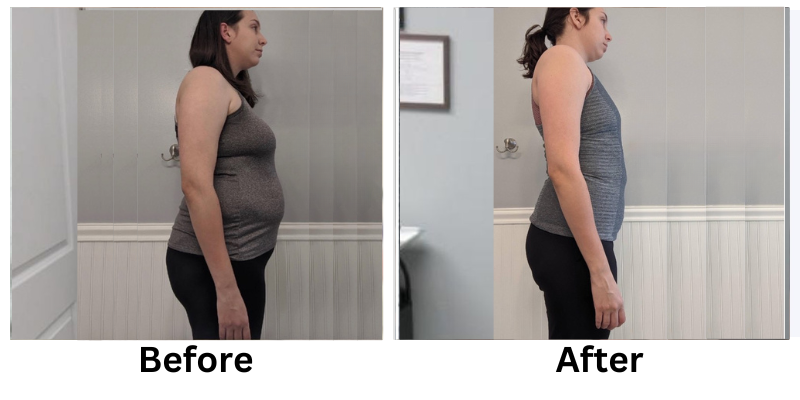
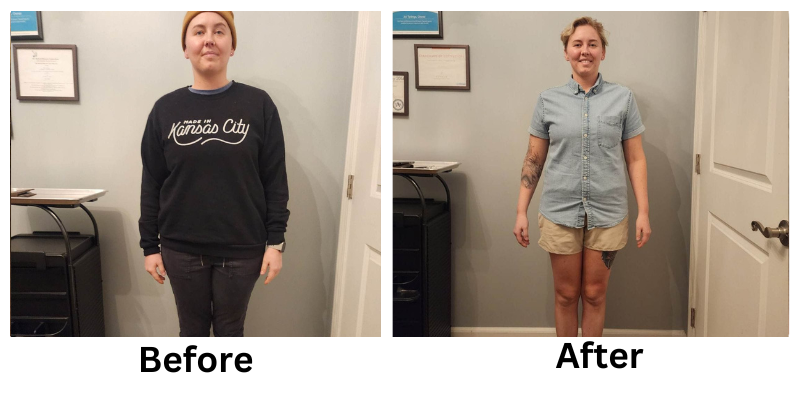
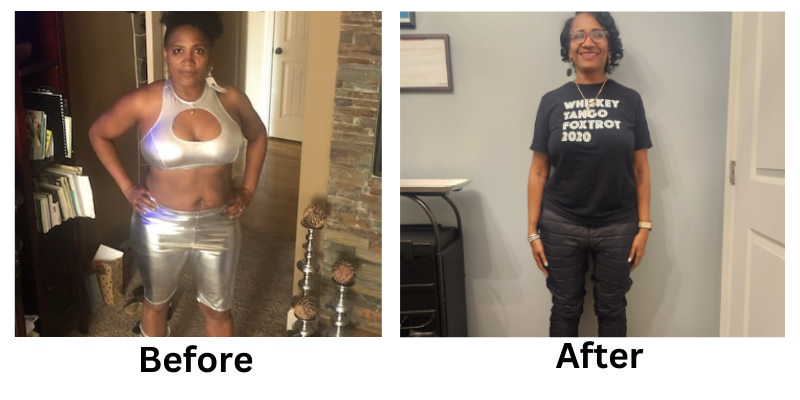
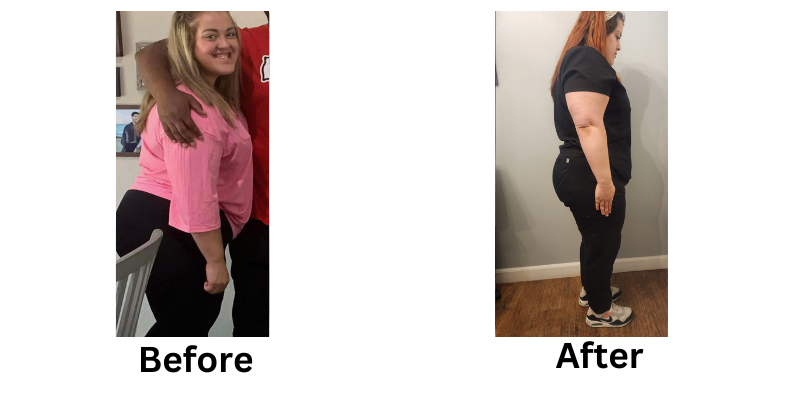
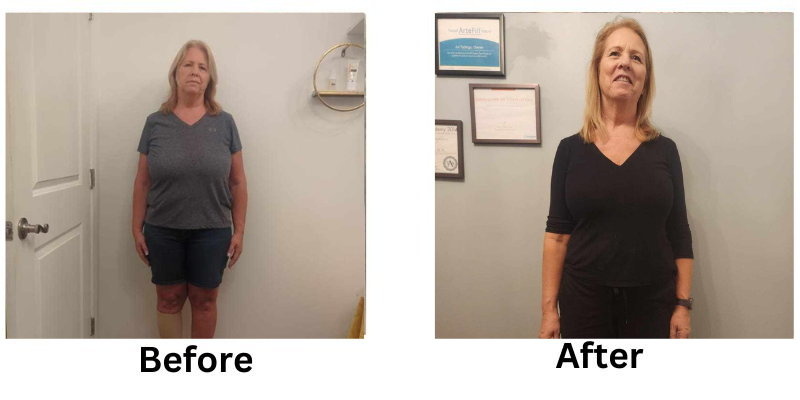
![[thumb]](https://slimmingsolutionsspa.com/wp-content/uploads/2023/12/weightloss-1-150x150.png)
![[thumb]](https://slimmingsolutionsspa.com/wp-content/uploads/2023/12/weightloss-2-150x150.png)
![[thumb]](https://slimmingsolutionsspa.com/wp-content/uploads/2023/12/2Weight-Loss-2-150x150.png)
![[thumb]](https://slimmingsolutionsspa.com/wp-content/uploads/2025/02/Weight-Loss-1-new-150x150.png)
![[thumb]](https://slimmingsolutionsspa.com/wp-content/uploads/2023/12/Weight-Loss-3-150x150.png)
![[thumb]](https://slimmingsolutionsspa.com/wp-content/uploads/2025/03/Slimming-Solutions-BA-Template-150x150.png)

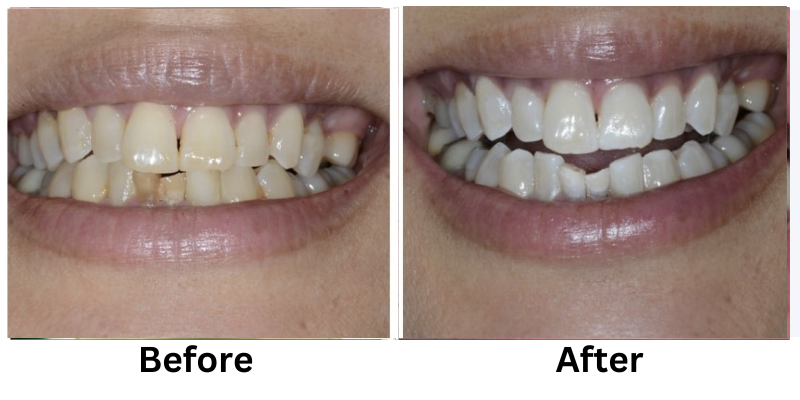
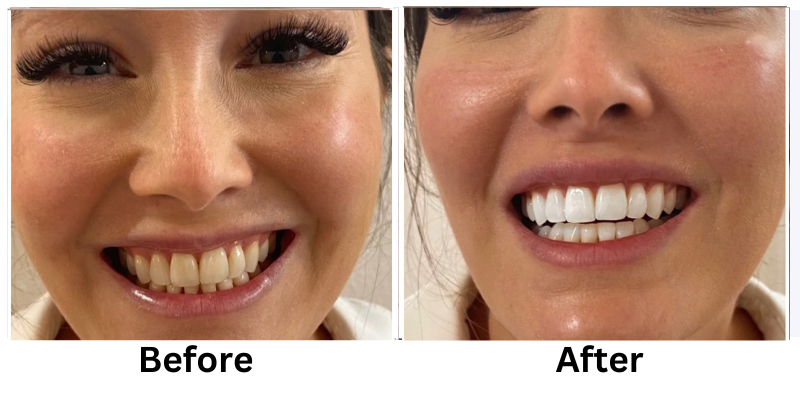

![[thumb]](https://slimmingsolutionsspa.com/wp-content/uploads/2023/12/dat3-150x150.png)
![[thumb]](https://slimmingsolutionsspa.com/wp-content/uploads/2023/12/dat-0-150x150.png)
![[thumb]](https://slimmingsolutionsspa.com/wp-content/uploads/2023/12/dat-1-150x150.png)
![[thumb]](https://slimmingsolutionsspa.com/wp-content/uploads/2023/12/Before-1-150x150.png)
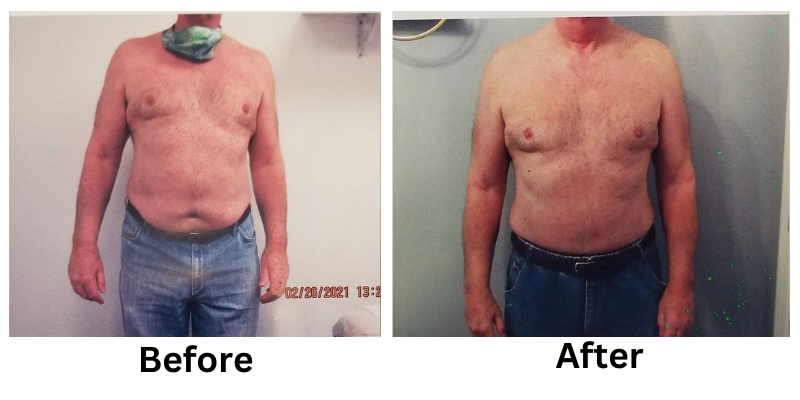

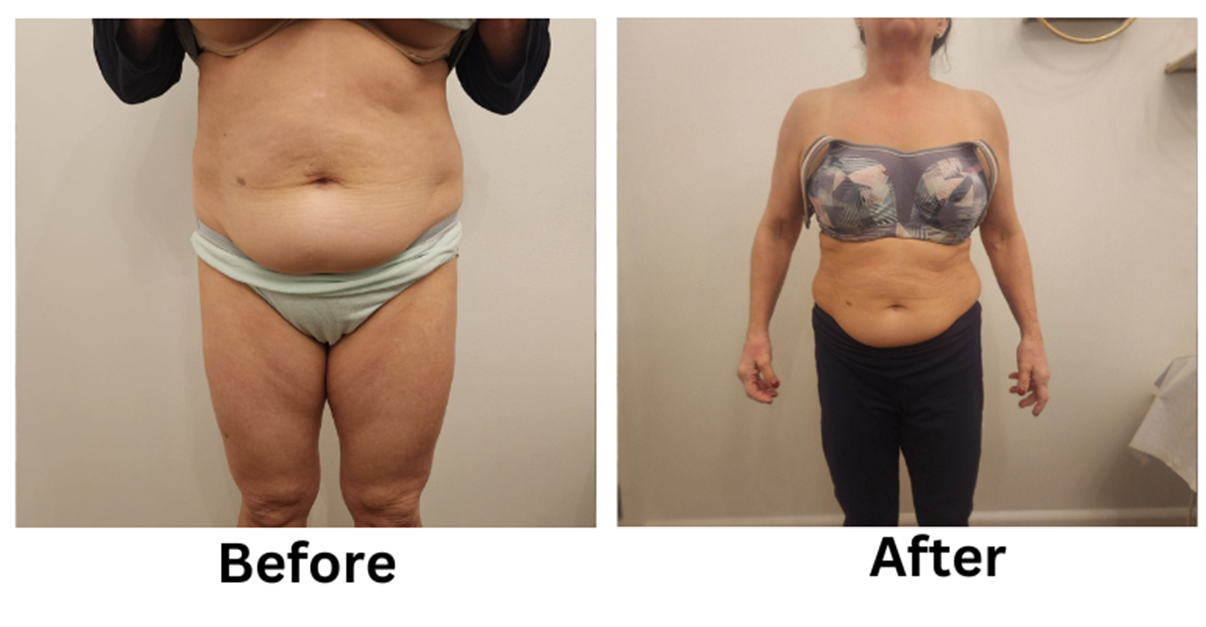
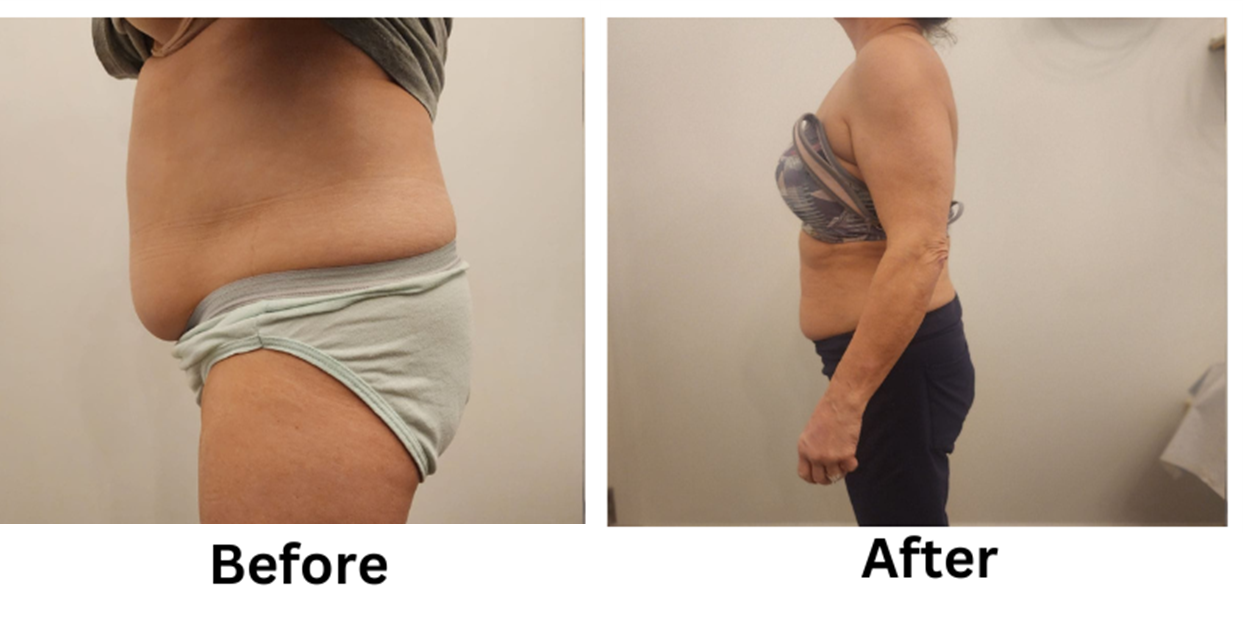
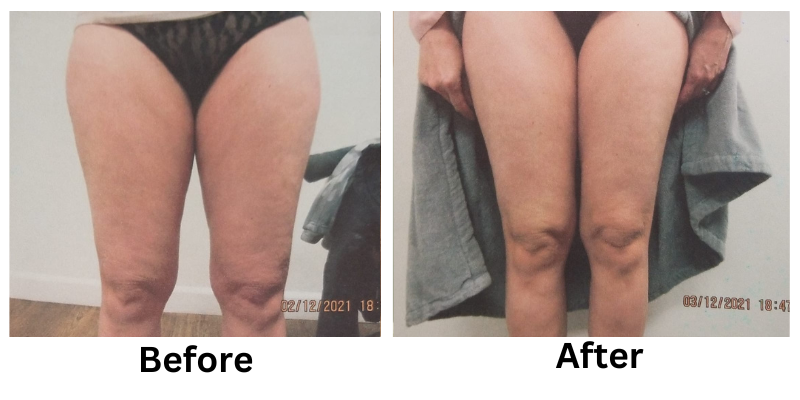
![[thumb]](https://slimmingsolutionsspa.com/wp-content/uploads/2024/01/EMS-Treatment-2-150x150.png)
![[thumb]](https://slimmingsolutionsspa.com/wp-content/uploads/2024/01/EMS-Treatment-1-150x150.png)
![[thumb]](https://slimmingsolutionsspa.com/wp-content/uploads/2025/02/ems-BNA-front-150x150.png)
![[thumb]](https://slimmingsolutionsspa.com/wp-content/uploads/2025/02/EMS-bna-SIDE-150x150.png)
![[thumb]](https://slimmingsolutionsspa.com/wp-content/uploads/2024/01/EMS-Treatment-6-150x150.png)

